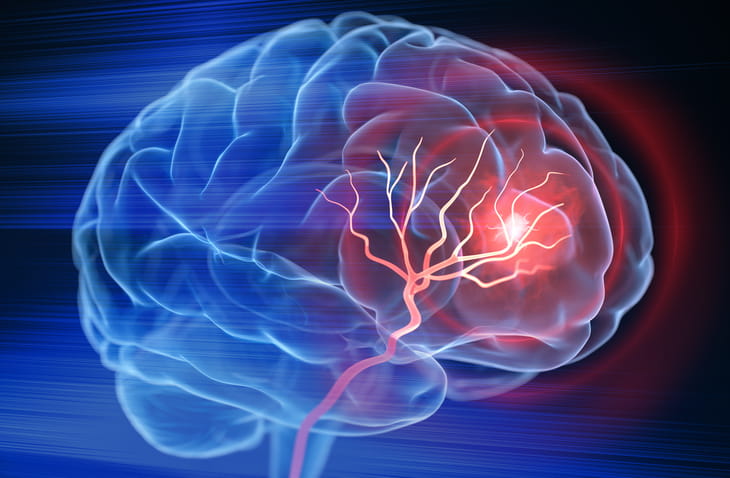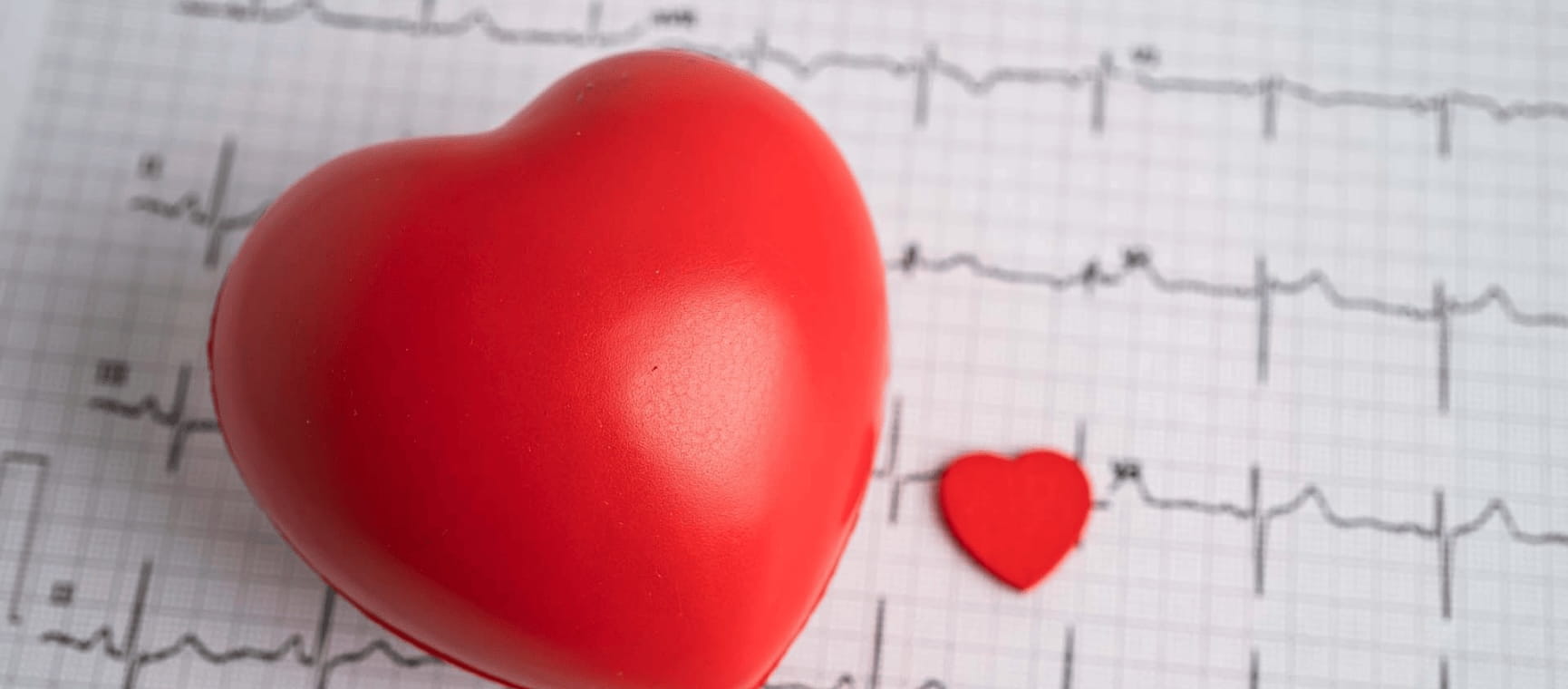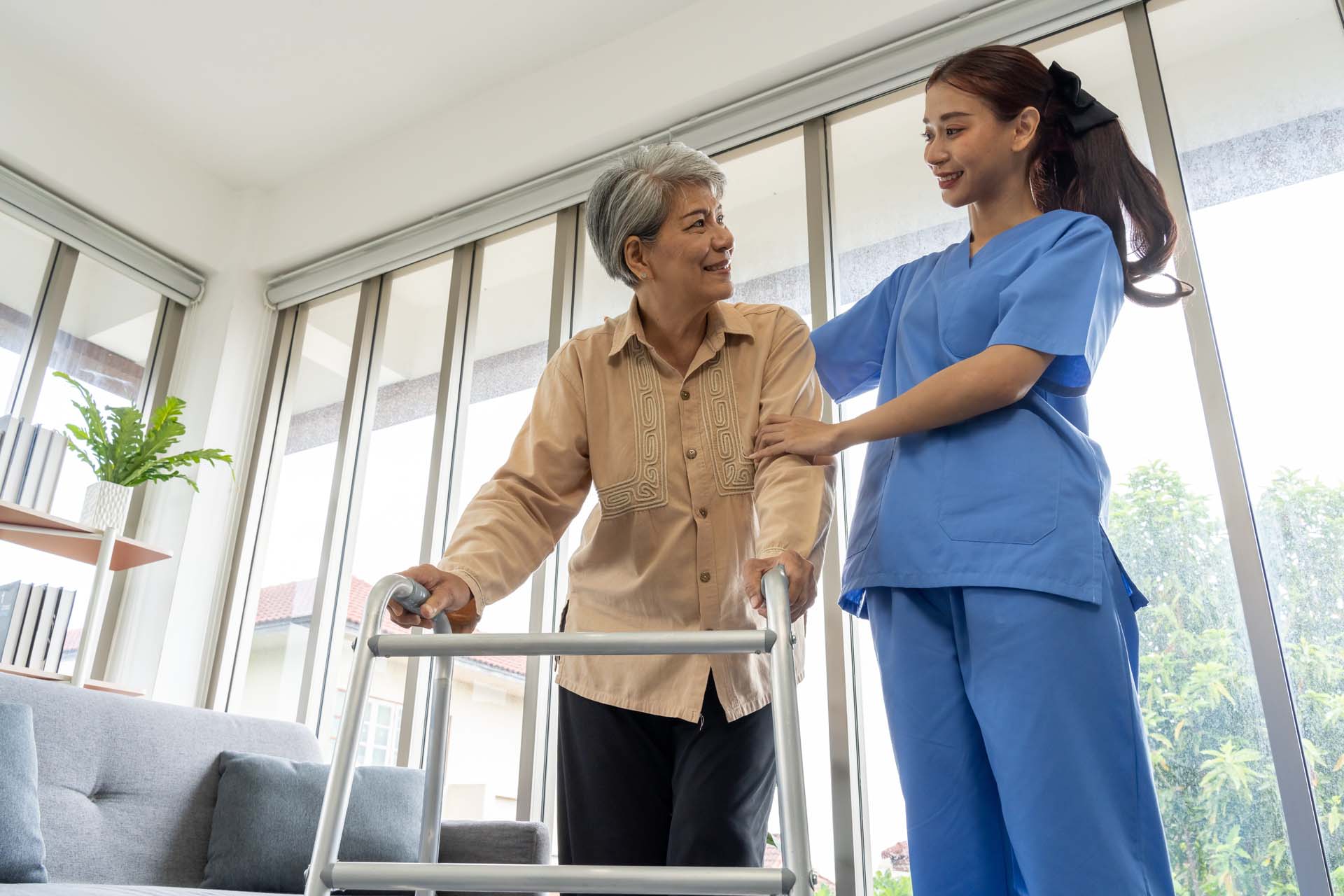
Looking after brain health lowers the risk of developing dementia, and the good news is, all this takes is small lifestyle steps that are very achievable.
To find out where to start to improve brain health, we’ve spoken with experts at the UK’s leading dementia research charity, Alzheimer’s Research UK.
We’ve also rounded up ways you can improve your brain health, from doing a daily crossword to picking up a paintbrush or starting a journal.
Yes, it is indeed possible. In 2020, comprehensive Lancet Commission research into dementia prevention by 28 of the world’s leading dementia experts identified several key factors that can help to reduce your risk.
“We recommend keeping cognitively, physically and socially active in midlife and later life,” they advise in the report.
The report’s authors also highlighted that up to 40% of dementia cases could be prevented if 12 lifestyle risk factors could be avoided.
These include smoking, social isolation, high blood pressure, hearing impairment, physical inactivity, and excessive alcohol consumption – factors that may be in our control to change.
“While there are no sure-fire ways to prevent dementia yet – as risk is likely to relate to a combination of our age, genetics and lifestyle – evidence has shown that there are steps we can all take to improve our brain health,” says Professor Jonathan Schott, Alzheimer’s Research UK’s chief medical officer.
“But currently, our research has found only a third of people this is possible, and we urgently need to change that.”
Alzheimer’s Research UK designed its Think Brain Health initiative on the core prevention areas identified in the Lancet Commission’s research.
Their evidence-based tips and advice aim to encourage more people to start thinking about taking care of their brain by trying out some easy-to-implement (and surprisingly enjoyable) lifestyle tweaks. Dr Sara Imarisio, head of strategic initiatives at the charity, tells us more.
“It’s never too early and never too late to start thinking about your brain health,” she says.
“Dementia is diagnosed when the symptoms are very clear and it’s evident that a person is affected by the disease. But these symptoms are usually the last stage of the disease as the early signs that define the condition are usually silent and can begin decades before."

The Think Brain Health campaign has three simple rules to protect and improve your brain health, and loving your heart is the first. What’s good for your heart is also good for your brain.
“This includes having low cholesterol, not smoking, eating well, drinking responsibly, and keeping active. All of these factors are important for your heart, and they can also help to lower your dementia risk too,” explains Dr Imarisio.
“When your heart is working optimally, your blood flows with more power, and blood is the main source of nutrients and oxygen for the brain.”

Staying connected with others and being socially active is incredibly important for both your mental health and for taking care of your brain.
In his report Our Epidemic of Loneliness and Isolation, the US surgeon general Dr Vivek Murthy expressed his concern about the scale of loneliness and the devastating impact of lack of social connection on millions of people.
While Caroline Abrahams, director of the charity Age UK, described loneliness as being a “global health issue that can affect anyone, anywhere and at any age”.
Maintaining a connection with the outside world and interacting with others also helps to engage your brain (as well as improve your mental health too), adds Dr Imarisio.
“Finding a way that works for you that helps to maintain social connections and avoid isolation is also important. Experiencing social isolation and being disconnected from others can lead to depression, another risk factor that’s linked to the development of dementia.”

Regularly doing activities that fire up your brain that you enjoy can also help to lower your dementia risk. For example, learning a new skill, tackling a daily crossword or starting a Sudoku habit. But how exactly can these make a difference?
“By carrying out activities that are linked to your hobbies and interests, this will guarantee that your brain is always engaged,” explains Dr Imarisio.
“It’ll also help to exercise the capacity of your brain to think and to be more agile in its reasoning. What’s key is to regularly do activities you enjoy to help protect your brain health.”
Play Saga Magazine’s puzzles to keep your brain active and engaged, from daily crosswords and codewords to super-hard Sudoku.
In January 2023, Alzheimer’s Research UK commissioned YouGov to ask 2,198 adults what they do to look after their brain health. Their research found almost everyone surveyed (98%) felt they could be doing more to keep their brains healthy.
To help with this, the charity offers personalised brain health advice via its Think Brain Health Check-in tool. By answering a few simple questions about the factors that are most influential on brain health, you can get bespoke tips.
TV and radio presenter Kirsty Gallacher, 47, has seen the devastating impact of dementia first-hand, as it led to the death of her beloved grandfather. The Check-in tool has helped her to feel proactive about reducing her individual risk.
“I’m at a stage in my life where I do worry about dementia, especially after seeing the effect it had on my grandfather,” she says.
“It’s so vital that people know there are things we can all do to take care of our brains and reduce the risk of dementia in later life. The Check-in really opened my eyes to what can influence our brain health, from the amount of sleep we get to our hearing.”

Sometimes, all we need is a little inspiration to start making positive changes to our lifestyle. Which of these brain health tips will you try first?
Julie Penfold has been a specialist health and wellbeing journalist for more than 15 years and has been a finalist in three prestigious health and medical journalism awards during that time.
She has written for a wide variety of health, medical, wellbeing and fitness magazines and websites. These have included Running, TechRadar, Outdoor Fitness, Be Healthy, Top Sante, Doctors.net.uk and The Guardian’s Social Care network.


Facial weakness, a sudden headache and dizziness can all be signs of a stroke, we've got the facts from an expert.

Knee pain is more common as we age: to help we've got the best advice from 3 leading experts with easy ways to make a difference.

Do you know the symptoms of a heart attack? Here’s what to look out for, and how to prevent one.

Front, back or side? Which sleeping position is best for you as you get older, and which ones you should avoid


